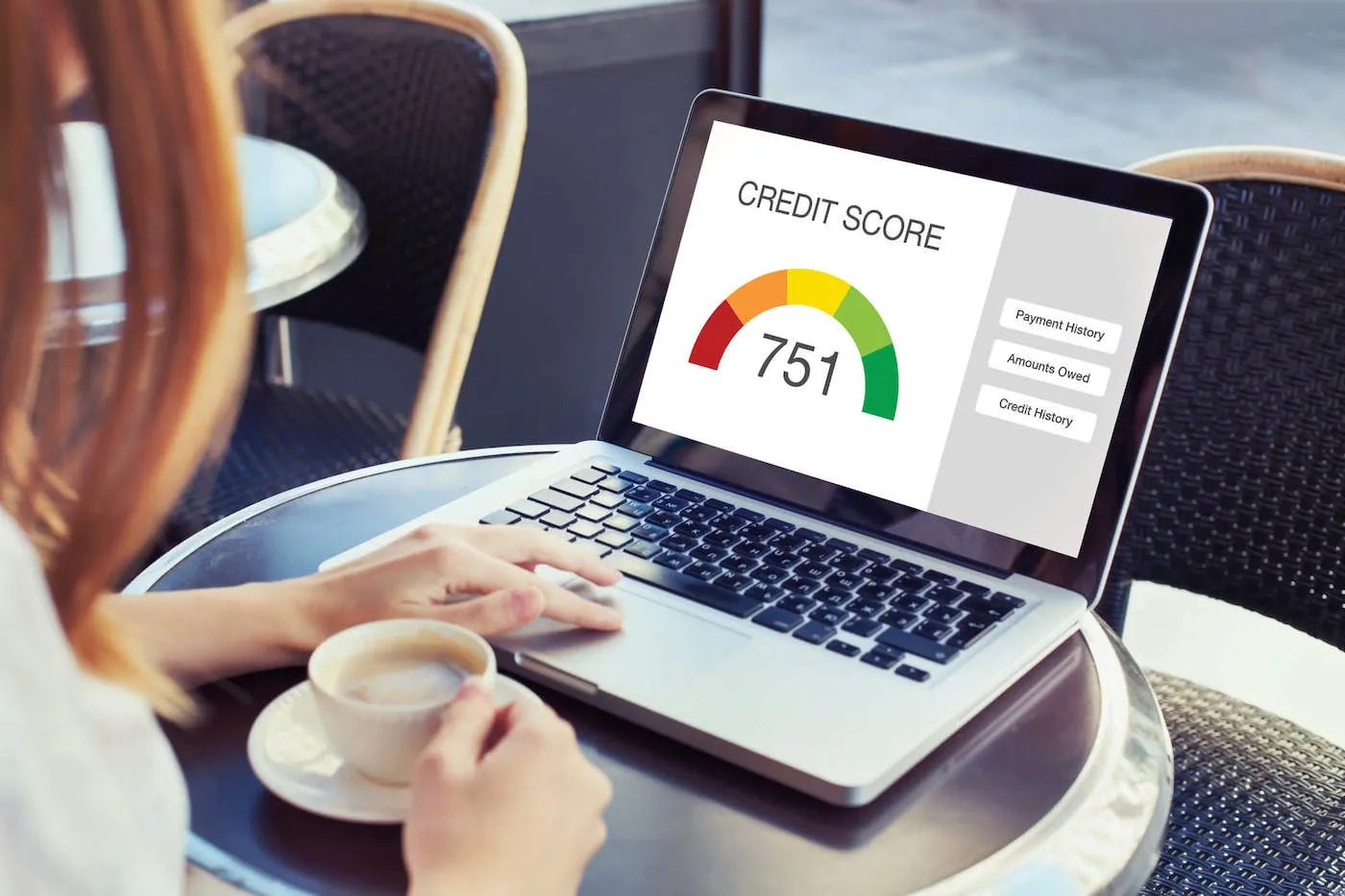Why Doesn’t My Credit Report Show That I Always Pay in Full?

Dear Experian,I pay my credit card balance in full every month. I charge between $1,000 and $2,000 each month, sometimes more if paying my auto insurance premium, professional license renewal, etc. I do this to earn airline miles. However, a credit check will look like I have a large balance. Why isn't there a way for the credit card company to indicate that I have paid in full every month for over 20 years?
- CTM
Dear CTM,
Lenders typically update their account information once a month, usually at the end of the billing cycle. The balance lenders report to Experian and the other credit reporting agencies is the balance that appears on your account at the moment they update. Often, this is the balance on your monthly statement.
It's understandable that you would want to use your credit card for your monthly expenses in order to earn miles or other rewards. And by paying your balance in full each month, you are avoiding interest fees and using your credit responsibly—which will almost certainly be reflected in your credit scores.
How Do Credit Card Balances Affect Credit Scores?
Your payment history is the most important factor in your credit scores, so making all your payments on time is key. The second most important factor is your utilization rate, also called your balance-to-limit ratio, which is the percentage of your total credit you're using. This is calculated by taking the total of all your credit card balances and dividing that number by the total of all your credit card limits, then multiplying by 100 to get a percentage. Credit scoring companies and potential lenders may look at both your overall utilization rate and the individual utilization rates on each credit card account.
Even if you make every payment on time, your credit scores could be impacted if the credit card balance reported by your lender represents a relatively high percentage of your credit limit. Generally speaking, a utilization rate of more than 30% will start to negatively impact your credit scores more severely, and some experts indicate that keeping your overall utilization rate below 10% is best.
How Can I Tell if My Credit Card Balances Are Hurting Me?
When you order your free credit score directly from Experian, you will receive a list of the risk factors that are currently impacting your score. A risk factor may read something like "balances too high on revolving accounts" or "proportion of balances to credit limits is too high." If your current utilization rate is having a negative impact on your score, it will be noted here.
How to Manage Your Credit Utilization Rate
One option to manage your utilization rate may be to consider making more than one credit card payment each month. By making payments as you incur charges rather than waiting until the end of the billing cycle, you may be able to keep the reported balance lower while still reaping the benefits of your rewards program.
Thanks for asking.
Jennifer White, Consumer Education Specialist
What’s on your credit report?
Stay up to date with your latest credit information��—and get your FICO® Score for free.
Get your free reportNo credit card required
About the author
Jennifer White brings nearly two decades of knowledge and experience to Experian’s Consumer Education and Awareness team. Jennifer’s depth of knowledge about the FCRA and how to help people address complex credit reporting issues makes her uniquely qualified to provide accurate, sound, actionable advice that will help people become more financially successful.
Read more from Jennifer